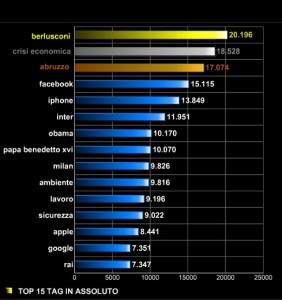A forthcoming study by Hua Wang (USC Annenberg School for Communication) and Barry Wellman (University of Toronto) “Social Connectivity in America” has looked at how social networks of friendship have been changing from 2002 and 2007 and how this is related to different levels of Internet use.
The study was prompted by fears that Americans have been becoming increasingly disengaged from public life and disconnected from their peers as exemplified by the work of Harvard political scientist Robert Putnam’s on social capital “Bowling Alone” (2000), who blamed television as the main culprit for the breaking up of the texture of American social and political life.
What Wang and Wellman find – via an analysis of two American national surveys of Internet adoption and use, from the World Internet Project – is that networks of friendship amongst adult Americans aged 25-74 remain abundant and in fact they have been growing between 2002 and 2007. In addition, they found that this trend was similar amongst non-users of the Internet, light-users, moderate users and heavy users – dispelling the initial idea that the more time you spend online the more likely you are to become socially isolated and even develop depression. In fact, the study also found that heavy users of the Internet were particularly socially active, having the highest number of friends both online and offline. Continue reading “has Internet use changed the number of friends you have?”

